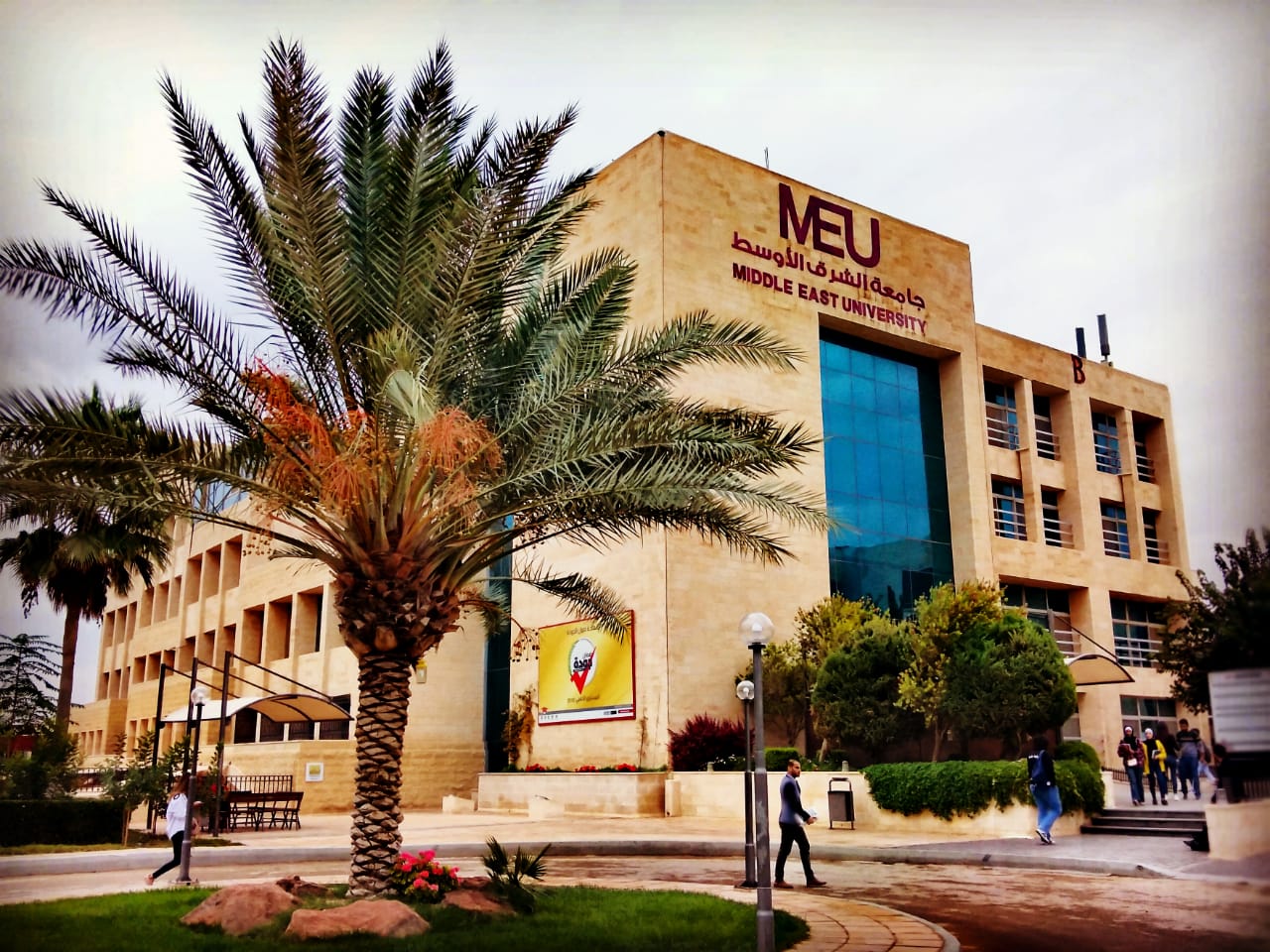
AMMAN – The global education sector faced numerous challenges due to the Coronavirus outbreak; starting from governments’ decision to shut down all educational institutions to limit the spread of the virus, to activating distance learning platforms, and holding thesis assessment sessions online.
According to TechCrunch statistics, downloads of applications that facilitate the distance learning process exceeded 62 million downloads worldwide during the time period between the 14th and 21st of March, 2020, which is when lockdowns were being enforced in most countries.
The State of Emergency Law no. (7) for 2020, issued in accordance with Article (2) of the Jordanian State of Emergency Law no. (13), stipulated the adoption of untraditional teaching methods carried out through distance learning, and legalised their use for all purposes specified in the legislation related to higher education institutions, including the duration of the 2019/2020 academic year.
The Spokesperson for the Ministry of Higher Education and Scientific Research, Mr. Mohanad al-Khatib, said, “Jordanian universities held more than 500 online Master’s thesis and PhD dissertation assessment sessions during the pandemic. We had to ensure the continuity of the educational process through these exceptional times within the regulations and guidelines applied in Jordan.”
In a statement he made to Petra, al-Khatib added, “Online thesis assessment sessions contributed to the development of our online educational systems and their management. This experience has made the government all the more keen on transferring smart knowledge to an advanced educational system that lives up to international standards.”
The Dean of Business Administration at Middle East University, Dr. Samir al-Jabali, stated, “Distance learning is a globally-adopted system and MEU benefited from the expertise of faculty members working at British and other international universities it maintains effective partnerships with.”
al-Jabali pointed out that, “Exchanging expertise in employing distance learning with international universities allowed MEU to excel in delivering its courses during the imposed lockdown. Our students’ computer and technological literacy also helped us in achieving our objectives.”
When asked about online thesis assessment, he commented, “There weren’t any major differences between online thesis assessment sessions and those carried out on campus. We were able to remain in contact with our students and prepare them for their assessment sessions.” He continued, “Thesis assessment sessions require the presence of an internal evaluator, an external evaluator, the student’s supervisor, and a representative of the Deanship of Graduate Studies. The faculty dean or head of the department could also attend the session.”
He also highlighted that all of MEU’s online thesis assessment sessions were recorded and documented, and that students found them less stressful.
al-Jabali recommended applying distance learning to at least 30% of the educational process, until a proper educational environment is set for this type of learning, as it costs less for both students and educational institutions.
Nisreen Abed, an MEU student that was awarded her Master’s degree in Business Administration online, said, “The online assessment and distance learning experience is commonly adopted worldwide. Students are given enough time to prepare and they exert fewer efforts.” She continued, “I did not feel any major differences between online and on-campus assessment sessions; it was an accurate simulation of assessment sessions held on campus.”
She also expressed her intent on pursuing her PhD online at an international university, once the Jordanian Ministry of Higher Education and Scientific Research accredits certifications awarded through this type of learning.
E-learning expert, Dr. Mohammad Habib, described online thesis assessment as “an excellent, improvised experience”. He also believes that universities were capable of keeping the process under control and maintaining their online presence, despite their limited resources.
Dr. Habib elaborated, “Decision makers, faculty members, students, and their parents were mostly responsible for the success of the distance learning process. They worked in tandem to overcome all challenges and shortcomings.”
Dr. Habib added, “The flexibility we have witnessed between universities and their students encouraged them to defend their theses online. Most universities were considerate of students’ financial and living circumstances and provided them with the necessary technical support. Very few students preferred on-campus assessment sessions and postponed their assessment.”
Dr. Habib stated, “Online thesis assessment is focused on content, while a pdf version of the thesis is provided. Most universities used Zoom, Skype, Microsoft Team, and Google Team.”
Dr. Habib recommended Jordanian universities to adopt the online thesis assessment method, as it is less costly for both universities and students. He sees that it requires less effort of both students and professors who might be abroad during the assessment period. He also believes that it will attract international students and encourage them to enrol in Jordanian universities.
